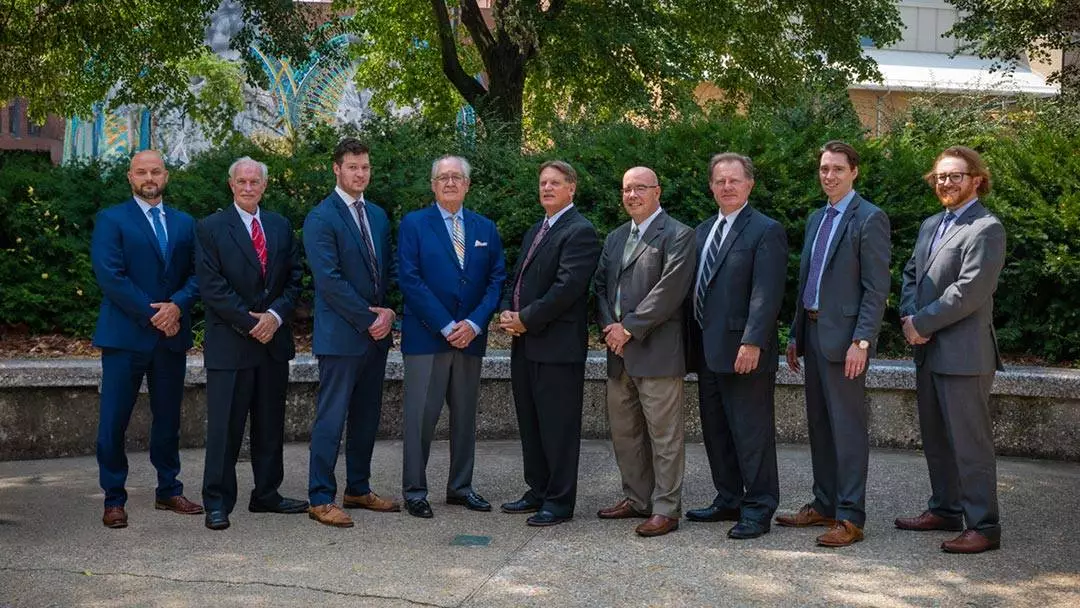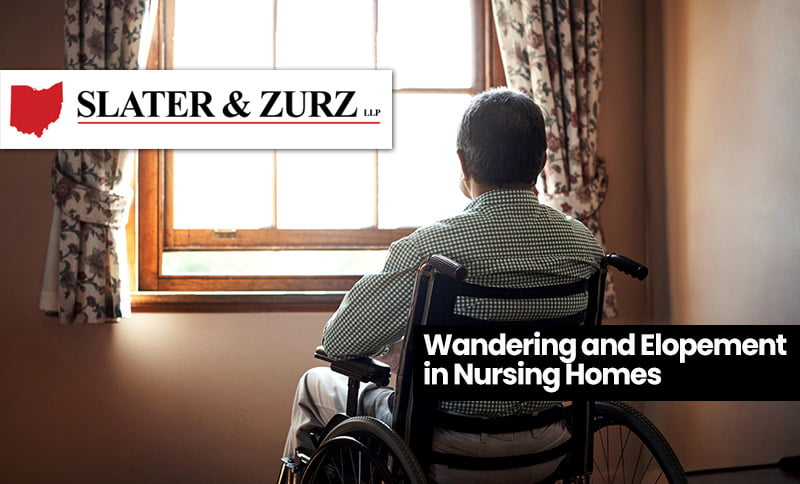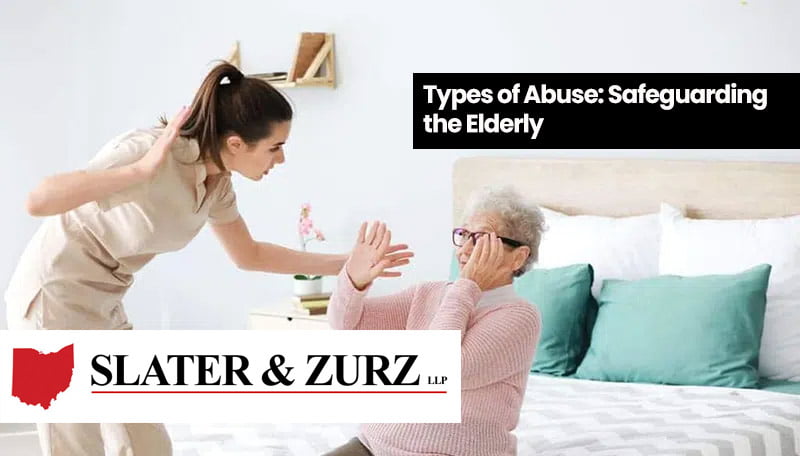Wandering in the nursing home environment may be defined as a cognitively impaired person straying into unsafe territories or moving about the facility without appreciation for where they are going. In “elopement,” the most dangerous form of wandering, a confused resident completely leaves an area, unsupervised and unnoticed.
Elopement is a specific example of Ohio nursing home negligence – failing to meet two central expectations of care: supervision and security. It is a major source of danger and sometimes litigation.
Wandering and elopement in nursing homes may expose residents to serious harm from hypothermia, traffic accidents, a medication crisis, or injuries due to hazards.
There are numerous examples of wanderings that have ended tragically. In Arkansas, a woman eloped from a nursing home in a wheelchair and was hit by a pickup truck. In Texas, a dementia patient wandered outside in single-digit temperatures and died from exposure.
Elopements are intentional, and these residents often attempt to leave the premises repeatedly. Those who have some type of alteration in mental status- memory impairment, decrease in awareness, reasoning, perception, and judgment are more likely to wander or elope. Often these incidents happen on the grounds or very close to the nursing home facility.
Patients with dementia are likely to fit the “alteration in mental status” description. Alzheimer’s disease is the most common form of dementia. More than 34,000 Alzheimer’s patients in the U.S. wander from their homes or care facilities each year. The International Research Consortium on Wandering studied 15,000 cognitively impaired veterans in 2007 who were nursing home patients and found one in five were prone to wander aimlessly, posing a significant health risk.
Reasons for Wandering and Elopement in Nursing Homes
It is common for patients to wander or elope when they are new to a facility because the environment is unfamiliar, and they are trying to find familiar surroundings. Changes in medication or routine activities could stimulate wandering, as can any change that makes the resident feel uncomfortable.
Patients’ desire to go home to feed a pet or find relatives may cause wandering in nursing facilities. Unmet physical needs can also add to the risk. Residents may need to go to the bathroom but may not remember where it is. Deeper and hidden needs may lead to subconscious feelings of unrest which may also cause wandering.
Residents with existing psychiatric diseases or mental impairments should be placed on increased watch by nursing home staff. Federal law requires nursing homes to provide adequate supervision to prevent wandering or elopement. A nursing home may be found liable for failing to prevent these activities while a patient is under its care.
Incidents of wandering in nursing homes should be recorded and reported to family members as well as supervisors. Loved ones may offer valuable input in preventing repeat incidents that could become progressively dangerous. It may ultimately become necessary to move the patient from the home. If a patient is injured or dies due to elopement, a nursing home lawyer should be contacted to assess the situation.
At Slater and Zurz LLP, we have Ohio nursing home attorneys who you can trust to provide you with reliable advice. We know the law on nursing home abuse, neglect, and negligence. If you have a situation with elopement or wandering or any other area of potential neglect or negligence, please give us a call at 888-534-4850 or send us a website message.
You can also request our FREE book, STOP Nursing Home Abuse in Ohio which may alert you to situations you had not previously considered occurring in the home where your family member or relative resides.
How To Prevent Wandering and Elopement in Nursing Homes
Proper training of nursing home staff who should be well-versed in residents’ habits and mental and physical issues is an important factor in preventing wandering and elopement. However, nursing home residents have the right by federal law to be free of physical or chemical restraints imposed merely for convenience.
Exits not intended to be operated by residents can be locked (keeping in mind fire codes) or equipped with alarms. Windows, wheelchairs, and beds can also be alarmed. Video surveillance may be used, and electronic devices, such as bracelets, may be worn daily by the resident who is likely to leave the facility. Exit doors may also be equipped with mechanisms that require cognitive skills lacking in people who are likely to wander. Additionally, those prone to wandering could be given rooms far from exits.
Of course, it is extremely important to assess and re-access nursing home residents as to their risk of wandering or elopement. Once a care plan has been identified, staff members should be aware of the need for extra vigilance and preventative measures. If more staff needs to be hired, this should also be addressed.
The assessments might also indicate depressed, bored, frustrated, or anxious residents who may be more prone to wandering.





